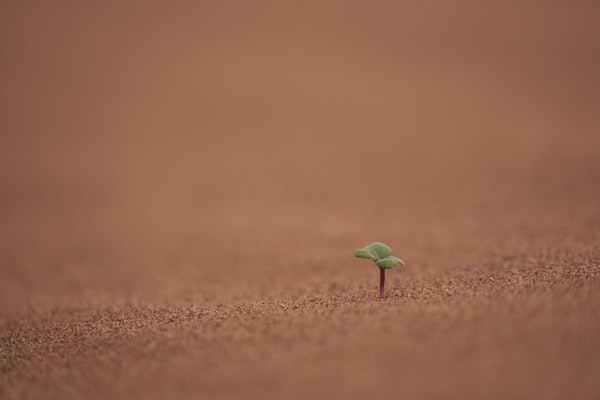'The stories that define us'
A postscript to the opinions v. reportage question, and why I’m not a fan of a label saying ‘Opinion’ atop oped pieces on a news website:
Many consider the opposite of balance to be imbalance, and the opposite of being neutral to be biased – or vice versa, in both cases. We don’t stop to consider situations in which being neutral is an unhealthy privilege, and situations in which being ‘balanced’ means to dignify an opinion so hegemonic or authoritarian that it shouldn’t have taken root in a democracy in the first place.
The kind of pieces in which I’d imagine some form of “neutral and objective” middle ground exists are pieces dealing with (relatively) simple stories or when dealing with complex issues in really simple ways. To paraphrase the words of a friend, “These are not the sort of pieces that eventually define us”. For example, notwithstanding the uncertainties inherent in the practice of science itself, a science reporter can be eminently expected to arrive at one version of the truth because, at some level, that is the expectation of (natural) science itself. “What caused this disease? The X bug.” End of story. But it’s downright fallacious to extrapolate this into areas where politics and sociology dominate.
We need to acknowledge a hierarchy of complexity in the products of journalism, and further acknowledge that neutrality is a fair expectation only towards the base of that hierarchy.
I’m all for reporters being asked to present both sides of the story therewith – but they should also remain aware that as they take on issues more sophisticated, issues in which they can’t remain spectators removed from the proceedings, issues that are coloured by who we are and how we choose to participate in them, they can’t assume the “both sides of the story” rule will still hold. It will hold less and less, until it holds not at all.
Journalists are not ethnographers, who are duty-bound to remain “scientific” in their assessment of a situation. Journalism has always been orders of magnitude more political than ethnography has (there’s a reason only one of them is called an estate by itself), and also less subject to the terms of science. By all means, present both sides of the story when a gated community in South Delhi complains that their ward’s councillor isn’t doing enough to get rid of mosquitoes – but don’t tell me you’re going to try to stay balanced when “gated community” is replaced with “slum of Dalits”.
On the other hand, from the simplest to the toughest stories, the one rule that will always hold from the base of that hierarchy to its pinnacle, that will always have your back, is to be biased but to be honest about having that bias. Because the truth is that there is seldom just one truth out there.
Thanks for the conversation, N.S.
Featured image credit: bogitw/pixabay.



